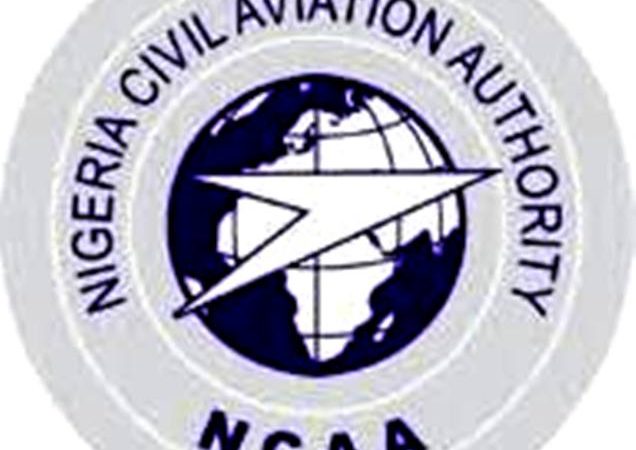NCAT Rector Wants Agencies’ Personnel Trained On QMS

The Rector Nigerian College of Aviation Technology (NCAT) Zaria, Capt Alkali Modibbo has called for trainings for Aeronautical Information Management Personnel in Nigerian Civil Aviation Authority (NCAA), Nigerian Airspace Management Agency (NAMA) and Nigerian College of Aviation Technology (NCAT) on Quality Management Systems, operation and management of database with a view to developing local expertise on the system.
Modibbo who was the Chairman of the occasion of the 2022 World Aeronautical Information Day in Abuja said the personnel should be issued with a license on the system after a successful training period with a higher priority at the time of transition from AIS to AIM.
The NCAT boss said it was worthy to note that all other relevant stakeholders relying on information provided by AIS are licensed. Yet, the provider of the trusted aeronautical information had been left behind. He said there was an urgent need to ensure quality of aeronautical information.
“The role and importance of aeronautical information/data has changed significantly with the implementation of RNAV, RNP and airborne computer-based navigation systems. These systems are all data-dependent, and in that respect, aeronautical data have become the crucial and critical components of the system.
On the Significance of Quality Management System in Aeronautical Information dissemination, NCAT Rector said aeronautical information provided pilots with all the critical data to safely and efficiently operate flights. Considering safety as the primary concern in the aviation industry-globally, he stressed that data provided must be of high integrity and readily accessible in the right digital format.
“Consequently, corrupt, or erroneous aeronautical information/data can potentially affect the safety of air navigation. In this respect, as of 1 January 1998, each Contracting State must take necessary measures to introduce a properly organized quality system containing procedures, processes, and resources necessary to implement quality management at each functional stage of the data process”
According to Modibbo, established quality systems must provide users with the necessary assurance and confidence that distributed aeronautical information/data satisfy established requirements for data quality (accuracy, resolution, and integrity) and timeliness.






